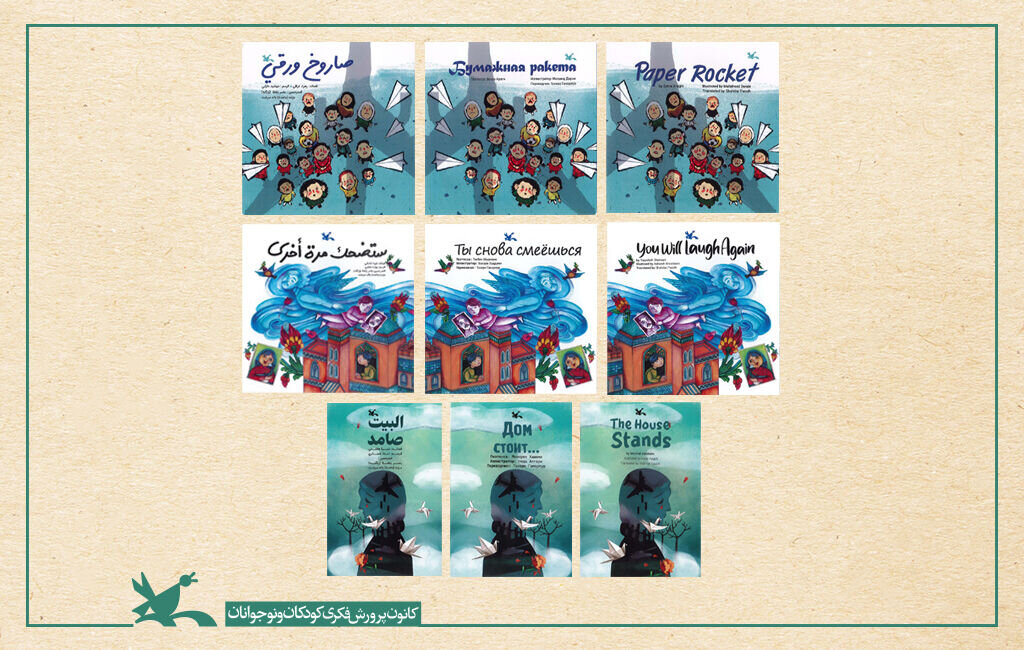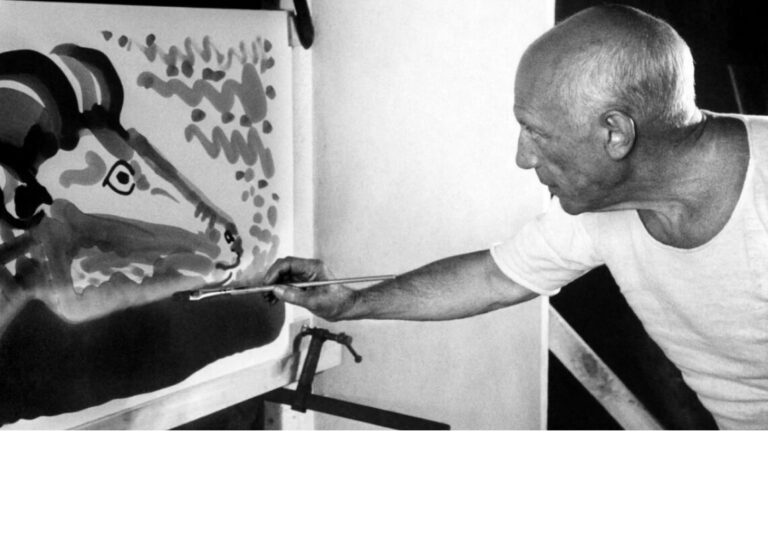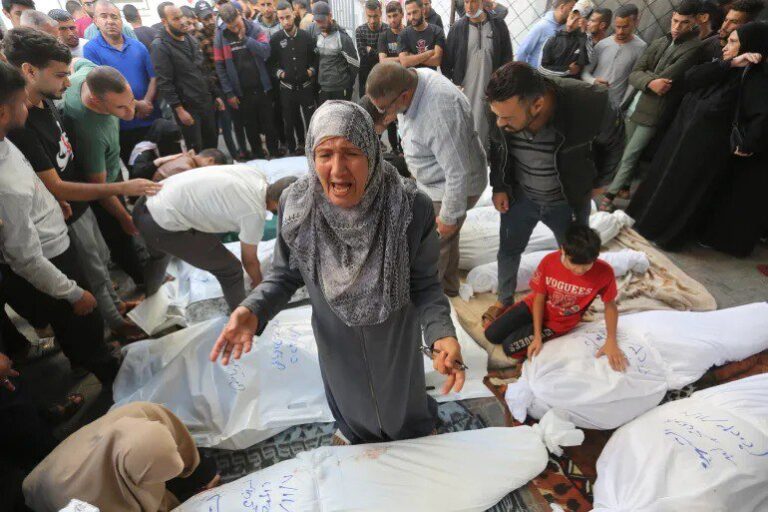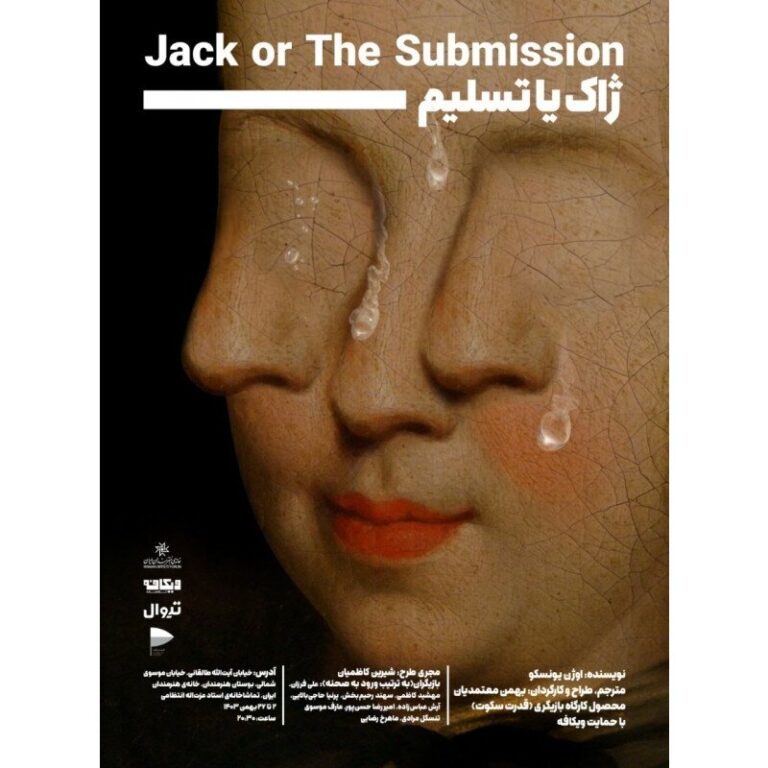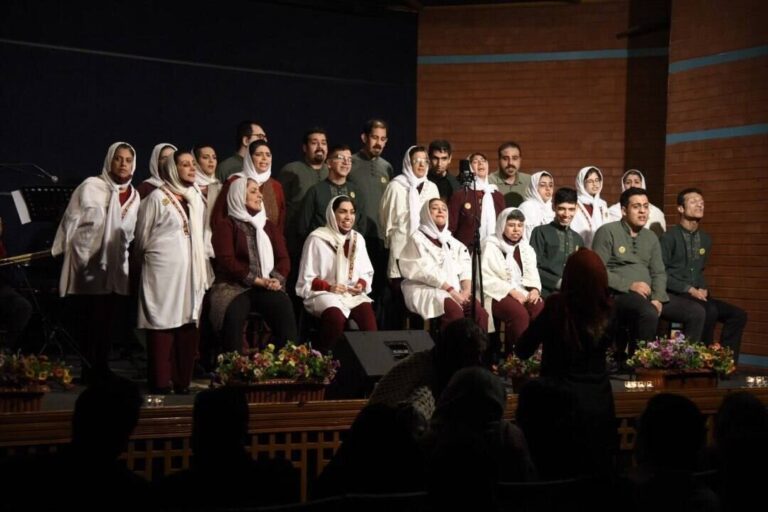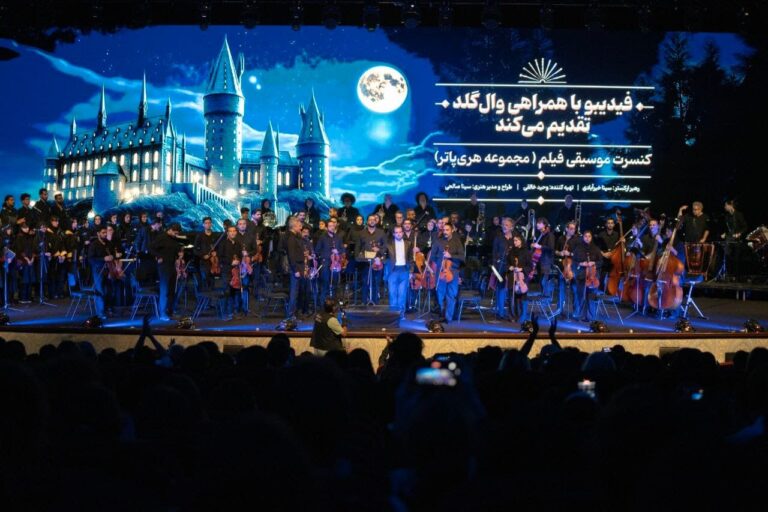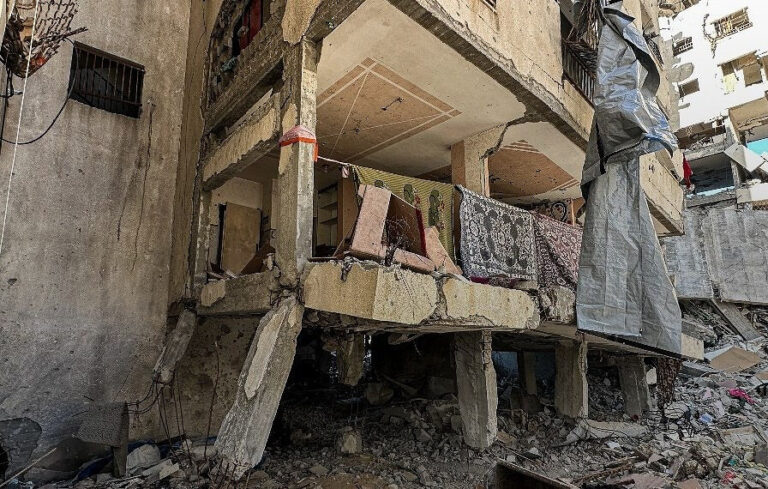Multilingual Gaza Poetry Collection Released: Discover the Voices of Resilience in English, Arabic, and Russian!
Iran’s Institute for Intellectual Development of Children and Young Adults, known as Kanoon, has recently made a significant contribution to literature by releasing three new titles from its Gaza poetry collection. These books are available in English, Arabic, and Russian, aiming to bring attention to the plight of children affected by conflict. This collection features poignant poetry that captures the emotional landscape of young lives disrupted by violence.
The three titles included in the Gaza poetry collection are:
- Paper Rocket – Written by Zahra Araqi, illustrated by Mahshid Darabi
- You Will Laugh Again – Penned by Tayyebeh Shamani, illustrated by Bahareh Khodami
- The House Stands – Authored by Monireh Hashemi, illustrated by Neda Asgari
These books have been translated into English by Shahryar Fasih, with Yasser Zanganeh and Mojdeh Pakseresht handling the Arabic versions. Meanwhile, the Russian translations were completed by Tahereh Ghamarpour.
In the titles “Paper Rocket,” “You Will Laugh Again,” and “The House Stands,” the poets skillfully reflect on the experiences of Palestinian children amidst the ongoing turmoil in Gaza. Through lyrical prose, they convey the emotional weight of living in a conflict zone, highlighting both the pain and the resilience of these young souls.
The books are designed for different age groups: “Paper Rocket” and “You Will Laugh Again” are intended for children aged seven and older, while “The House Stands” is aimed at readers over the age of twelve. This thoughtful categorization ensures that each title resonates with its intended audience, addressing complex themes in an age-appropriate manner.
Since the escalation of violence on October 7, 2023, the situation for children in Gaza has become increasingly dire. Tragically, over 18,000 children have lost their lives due to the ongoing conflict, contributing to an overall death toll of approximately 47,000 Palestinians. The devastation is not limited to loss of life; many children have sustained severe injuries, with at least 110,265 reported injuries affecting young lives.
The impact of this violence extends beyond physical injuries. Many children are now facing life-altering conditions, requiring extensive rehabilitation services that are unfortunately scarce. Hospitals and clinics in Gaza are overwhelmed, struggling to provide adequate medical care amidst the destruction of infrastructure and ongoing blockade.
According to reports from the United Nations, nearly two million people in Gaza are currently internally displaced, with a significant number of these individuals being children. These young ones are forced to rely on inadequate shelters and dwindling supplies, facing an uncertain future. Without immediate and effective intervention, a generation of children may grow up steeped in anguish, displacement, and loss, their stories of resilience and survival often overlooked.
In light of these challenges, the release of the Gaza poetry collection by Kanoon serves as a beacon of hope. By sharing the voices of these young poets, the collection aims to bring global attention to the hardships faced by children in conflict zones. It emphasizes the importance of storytelling as a means of healing and understanding, illustrating how literature can play a crucial role in advocacy and awareness.
As we reflect on the current state of affairs in Gaza, it becomes clear that such artistic expressions are vital. They not only honor the experiences of those affected by conflict but also serve as a reminder of the enduring spirit of childhood. The stories told through these poems resonate on a universal level, urging readers to empathize with the experiences of children everywhere.
In conclusion, Kanoon’s Gaza poetry collection is more than just a series of books; it is a powerful statement against the backdrop of ongoing conflict. By raising awareness through literature, we can hope to foster a deeper understanding of the realities faced by children in Gaza and beyond. This collection not only enriches the literary landscape but also calls upon us to take action, ensuring that the voices of these children are heard and their stories are told.
